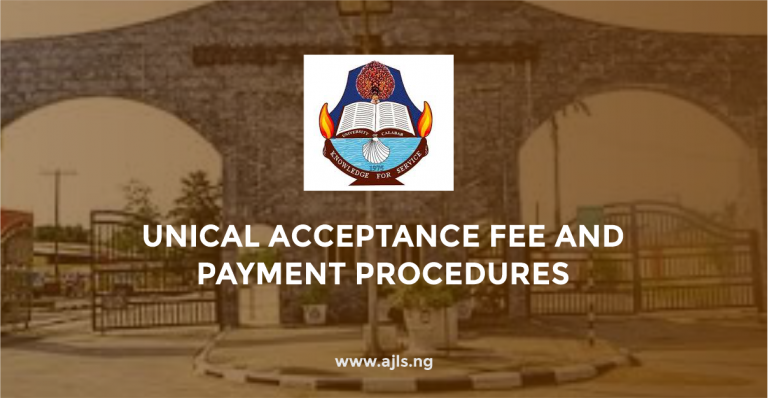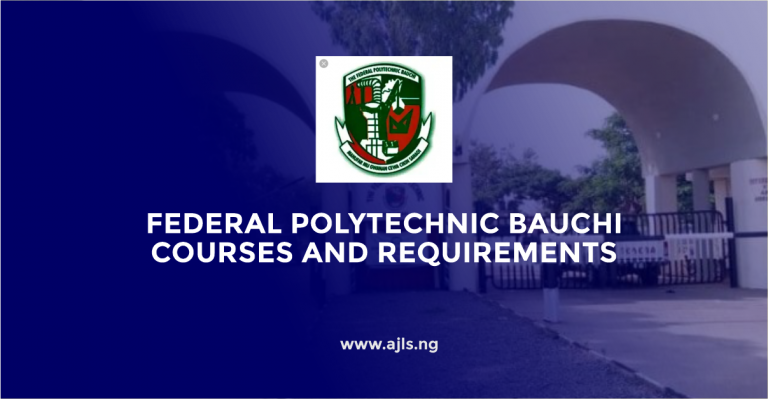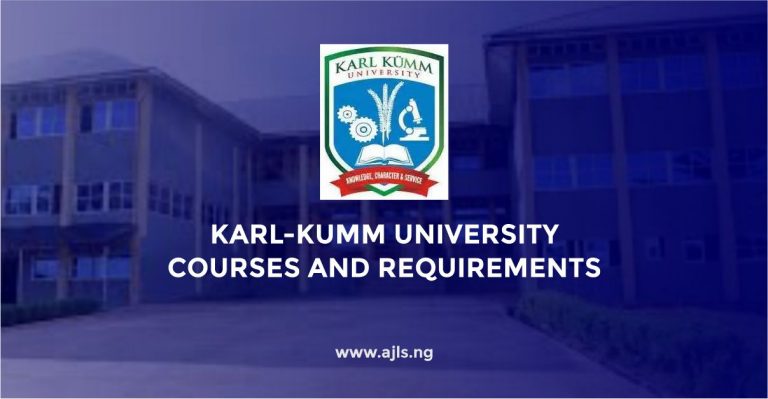JAMB Subject Combination for Economics 2025

JAMB subject combination for Economics – When applying to study Economics at a Nigerian university, one of the most important steps is selecting the right subjects for the Joint Admissions and Matriculation Board (JAMB) examination.
The right subject combination ensures that you meet the academic requirements for your course and gives you the best chance of gaining admission into your desired program. Here’s everything you need to know about the JAMB subject combination for Economics.
JAMB Subject Combination for Economics
To study Economics at a Nigerian university, you must take the following four subjects in the JAMB UTME:
- English Language (Compulsory)
- Mathematics (Compulsory)
- Economics (Compulsory)
- Any Other Relevant Subject:
- Government/Commerce: These are common choices, especially for students from the Social Science background.
- Geography: This is another relevant subject that may be accepted by some universities.
- Literature in English: This can also be accepted in some institutions, although it’s less common.
- Accounting: Another valid option, especially for those with a keen interest in finance or business.
Direct Entry Requirements
These are the conditions you need to fulfill to gain Direct Entry admission to study Economics, if you don’t intend to use UTME.
You require;
Two (2) ‘A’ Level passes in Economics and any one (1) of Mathematics, Statistics, Geography, Physics, Chemistry, Agricultural Science, Accounting, Business Management, History and Government.
General JAMB Requirements for Economics
Aside from the correct subject combination, there are other important requirements you need to meet for JAMB to study Economics:
O’Level Requirements:
- You must have at least five (5) credits in your O’Level (WAEC, NECO, or NABTEB) results.
- The subjects must include Mathematics, English Language, and Economics (or another related subject, such as Commerce or Accounting).
JAMB Score:
- You must meet the JAMB cut-off mark for your desired university. While the minimum score is generally 160, competitive universities may require a higher score, typically between 180 to 250.
Post-UTME Screening:
- Many universities also conduct a post-UTME screening after the JAMB results are released. You must pass this screening to be considered for admission.
What to Expect in the JAMB Exam for Economics
In the JAMB exam, you will be tested in the following areas based on your subject combination:
- English Language: Grammar, vocabulary, reading comprehension, and written expression.
- Mathematics: Algebra, arithmetic, statistics, and basic calculations.
- Economics: Microeconomics, macroeconomics, economic principles, and practical application of economic theories.
- Other Subjects: Depending on the subject chosen, you may cover topics like Government and political structures, Geography (economic geography), or accounting principles.
Universities Offering Economics in Nigeria
Several universities in Nigeria offer Economics as a degree program. Here are some of the top institutions where you can study Economics:
- University of Lagos (UNILAG)
- University of Nigeria, Nsukka (UNN)
- University of Ibadan (UI)
- Obafemi Awolowo University (OAU)
- Ahmadu Bello University (ABU)
- Nnamdi Azikiwe University (UNIZIK)
- University of Benin (UNIBEN)
- University of Jos (UNIJOS)
- Federal University of Technology, Minna (FUTMINNA)
- University of Calabar (UNICAL)
- University of Port Harcourt (UNIPORT)
- Bayero University, Kano (BUK)
- Lagos State University (LASU)
- Covenant University
- Babcock University
- Igbinedion University
- Delta State University (DELSU)
- Kogi State University (KSU)
- Federal University of Oye-Ekiti (FUOYE)
- University of Abuja (UNIABUJA)
- Federal University of Lafia (FULAFIA)
- Federal University of Ekiti (FUIK)
- Adekunle Ajasin University (AAU)
- Benue State University (BSU)
- Nigerian Defence Academy (NDA)
- Tai Solarin University of Education (TASUED)
- Abia State University (ABSU)
- University of Maiduguri (UNIMAID)
- Chukwuemeka Odumegwu Ojukwu University (COOU)
- University of Uyo (UNIUYO)
- Federal University of Technology, Akure (FUTA)
Conclusion
Choosing the proper JAMB subject combination for Economics is critical to securing admission to the degree at your selected university. Make sure you choose English Language, Mathematics, and Economics as obligatory courses, as well as one appropriate supplementary topic such as Government, Geography, or Accounting.
In addition, make sure you match all other conditions, such as a solid O’Level performance and a competitive JAMB score. Following these steps will set you on the path to a successful academic career in Economics.
We hope you found this information informative! If you have any concerns or require any explanation, please post them in the comments section, and we will respond as soon as possible.





